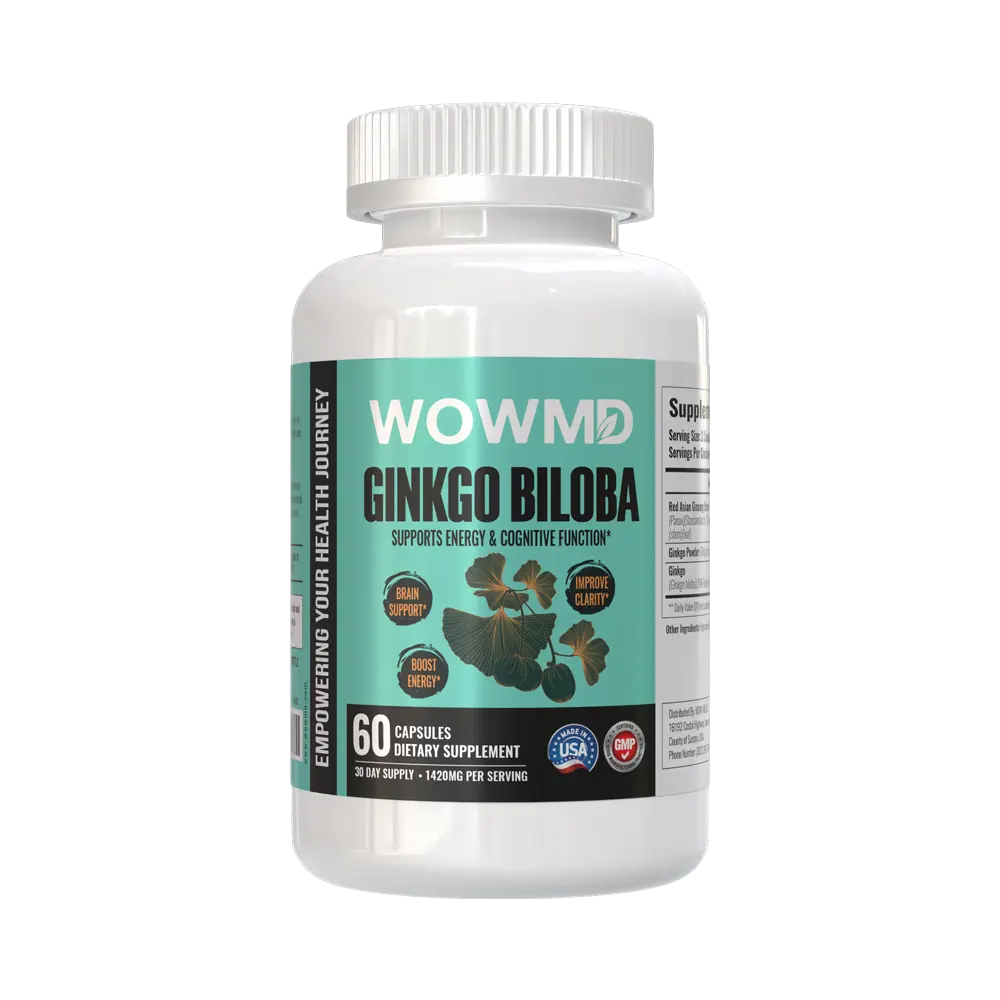The Link Between Sleep and Immune Health: How Good Sleep Supports the Immune System
Adequate sleep boosts immune cells, strengthening your body’s defense against illness. This article covers sleep's impact on immunity, why it matters, and how much sleep supports optimal health.

Popular Stories
- Melatonin Benefits: For Sleep Support, Anti-Aging and Many More
- What Are The Benefits of Horny Goat Weed? Benefits and Uses
- Resveratrol vs Grape Seed Extract: Explained in Simple Terms
- Ginseng and for Brain Health
- Retinol Skin Care Benefits: All You Need to Know
- The 8 Best Vitamins & Supplements For Boosting Metabolism (Naturally)
References
- In brief: How does the immune system work?: https://www.ncbi.nlm.nih.gov/books/NBK279364/
- Adaptive Immunity: https://www.cancer.gov/publications/dictionaries/cancer-terms/def/adaptive-immunity
- Lack of sleep: Can it make you sick?: https://www.mayoclinic.org/diseases-conditions/insomnia/expert-answers/lack-of-sleep/faq-20057757
- Antibody: https://www.genome.gov/genetics-glossary/Antibody
- How Sleep Affects Your Immune System: https://www.yalemedicine.org/news/how-sleep-affects-immunity
- 11 Foods That Boost Your Immune System: https://health.clevelandclinic.org/food-to-boost-your-immune-system
- Alcohol and the Immune System: https://pmc.ncbi.nlm.nih.gov/articles/PMC4590612/


 Skin Detoxification Bundle
Skin Detoxification Bundle Complete Weight Loss Bundle
Complete Weight Loss Bundle Heart Care Bundle
Heart Care Bundle Better Immunity Bundle
Better Immunity Bundle  Men's Immunity & Prostate Health Bundle
Men's Immunity & Prostate Health Bundle Stress + Energy + Wellness Combo
Stress + Energy + Wellness Combo  Energy Booster Combo
Energy Booster Combo Natural Skin Care Bundle
Natural Skin Care Bundle Workout Supplements Combo
Workout Supplements Combo Cognitive Health & Vision Combo
Cognitive Health & Vision Combo Joint Health Support Combo
Joint Health Support Combo





































